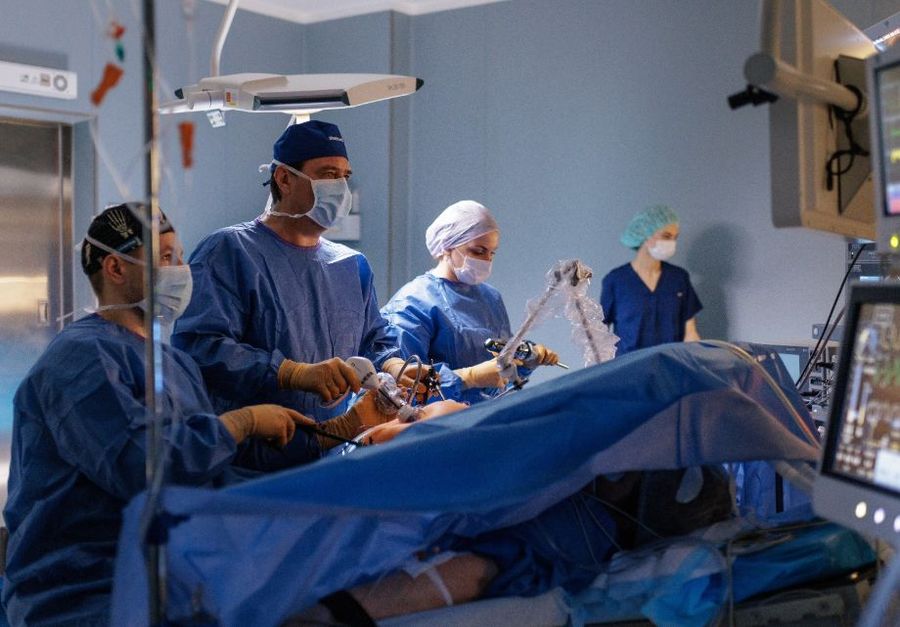In Latvia, more than 200 patients with medically confirmed, severe obesity have received treatment through a unique bariatric pilot project implemented by surgical clinic “AIWA Clinic” of “Veselības centru apvienība” (VCA). The program provides bariatric surgery and comprehensive support for lifestyle changes to help patients whose health and well-being are affected by obesity that is accompanied by other serious diseases. The goal is to treat obesity and reduce the risk of associated health problems.
VCA’s surgical clinic “AIWA Clinic”, has successfully performed bariatric surgeries for 215 patients. Six patients have completed the six-month postoperative observation period and continue treatment under the supervision of the clinic’s specialists. Demand for the EU-funded, National Health Service (NHS) supported pilot project, the "Value-based (VBHC) bariatric service model," has been significant – available slots were filled within two weeks. Although the pilot project is only halfway through, specialists acknowledge that it has provided patients with a valuable opportunity to improve their quality of life while reducing the state's healthcare burden and costs.
“Interest in participating in the pilot project has been very high! Most patients were determined, motivated, and ready to participate in individually designed programs. Many said that financial issues had kept them from starting treatment earlier. This support is not a short-term solution, but rather a new lifestyle for the patient," says Igors Troickis, chief surgeon at the VCA surgery clinic AIWA Clinic and head of the AIWA Clinic International Bariatric Center of Excellence. He notes that, in addition to surgery, patients continue to collaborate with other clinic specialists, such as nutritionists, psychologists, physical therapists, and cardiologists, in order to achieve lasting results.
Zaiga Barvida, head of the NHS project “Health Service Model Development Laboratory” which also includes a bariatric care pilot project among others, comments on the interim results of the pilot project, saying: “It is expected that once the pilot project concludes, its results will provide evidence-based data to support further targeted health policy planning aimed at reducing overweight and obesity associatec diseases in the future. This will make it possible to assess both the overall economic benefits for the healthcare sector in treating these conditions, as well as to consider, for example, the costs of state-reimbursed medicines for the treatment of obesity associated diseases, and of course the reduction of individual patient risk factors to prevent disability or premature death. Our goal is to develop an effective, evidence-based range of health care services that balances public health needs and available resources. That is why the NVD project is implementing forward-looking and innovative pilot projects.”
The pilot project is being implemented within the framework of the European Union Recovery and Resilience Plan. The pilot project will run until March 2026 and represents the first step towards developing a structured and long-term solution, where treatment is based not only on surgical intervention but also on a value-based approach, interdisciplinary teamwork, and full patient engagement, enabling better outcomes for both the patient and the state.
